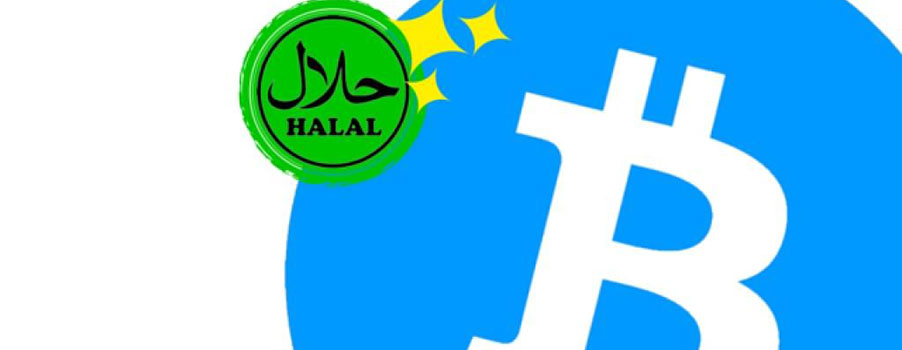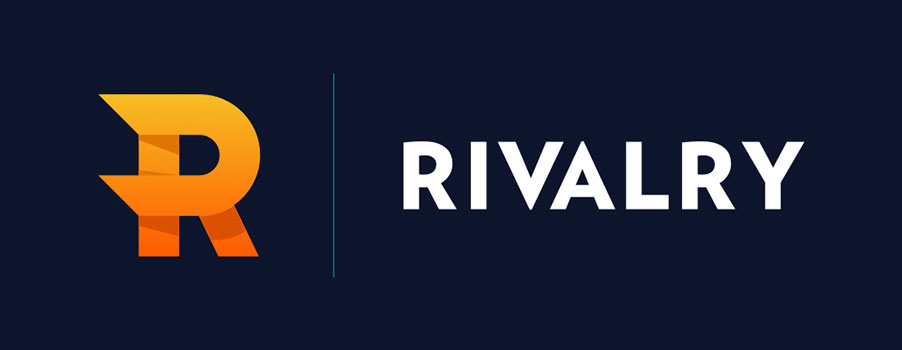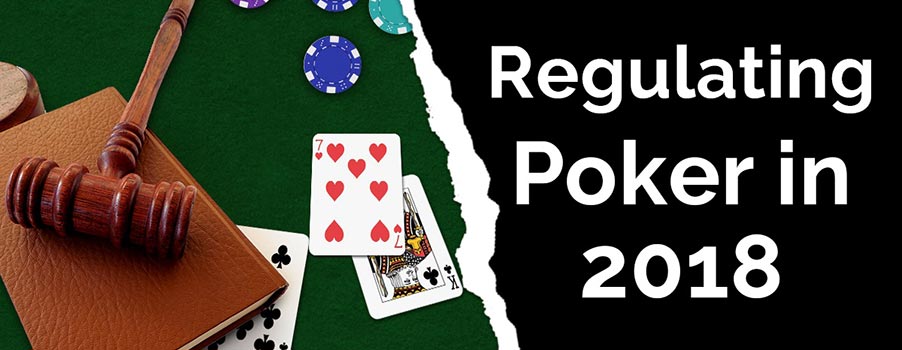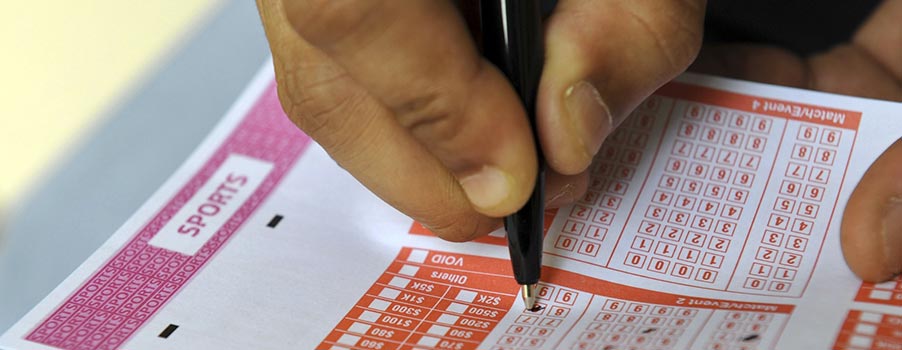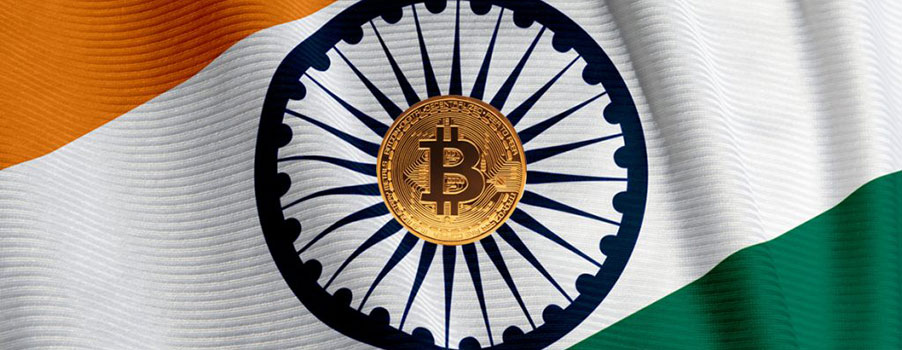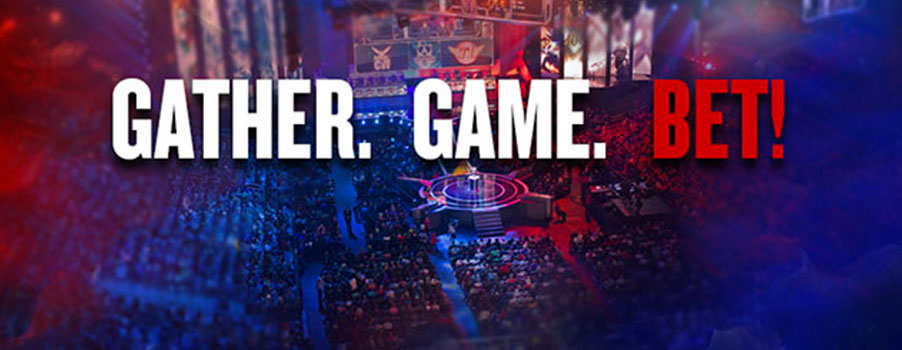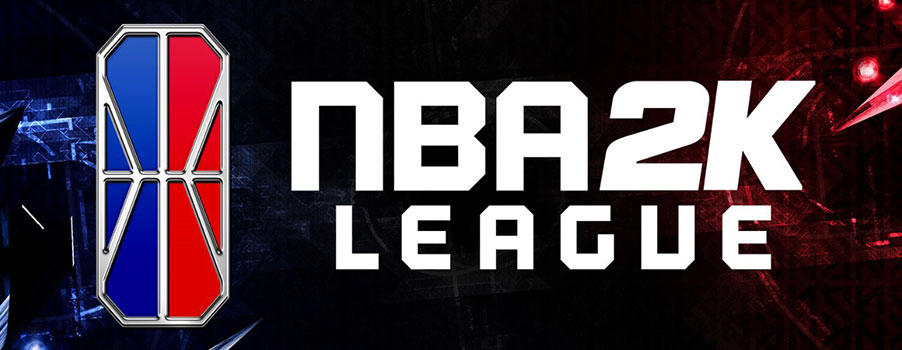Yesterday, the value of Bitcoin went from $6,962.6 to $7,720.27 in less than one hour sparking a whole lot of speculations, one being that the price surge had something to do with an Indonesia-based startup’s report. In the report that was published in Thursday, April 12 press release, Blossom Finance, the fintech startup, concluded that bitcoin is “generally permissible” or “halal” under Sharia law. This conclusion was made in conjunction with the startup’s internal Sharia advisor.
Islam is currently the fastest growing religion in the world with over 1.6 billion devoted Muslims. For the longest time, the adoption of cryptocurrencies has been a rather grey area for Muslims around the world – this is because Muslims are forbidden from using currencies that do not have any intrinsic value and lending money with high-interest rates, a practice known as usury.
With the recent massive worldwide adoption of cryptocurrencies, Muslims were left behind as they were forbidden from staking claims in the crypto space – not anymore.
“In Germany, Bitcoin is recognized as a legal currency and therefore qualifies as Islamic money in Germany. In countries such as the US, Bitcoin lacks official legal monetary status but is accepted for payment at a variety of merchants, and therefore qualifies as Islamic customary money,” Mufti Muhammad Abu Bakar, an Islamic scholar and Blossom Finance’s Sharia advisor wrote in a paper he published to address the issue.
“Bitcoin is permissible in principle as bitcoin is treated as valuable by market price on global exchanges and it is accepted for payment at a wide variety of merchants. Moreover, many private individuals accept bitcoin as a medium of exchange in their private transactions,” the study adds.
What This Means
While many people agree that the assumption that bitcoin’s price surge might be purely speculative, even more people believe that it was largely due to the crypto market finally opening up to the Islam community who account for about a quarter of the world’s population. In fact, the assumption is justifiably reasonable especially considering how the digital currency’s price has been affected in one way or the other by external entities such as media outlets.
Not long after the paper was published, over a billion dollars in trades were initiated across nearly all the cryptocurrency exchanges which subsequently saw bitcoin’s price increase sharply over a very short period – less than an hour to be more precise. Bitcoin has proven time and time again that it is not going away any time soon and the adoption by the Muslim community is certainly another step in the right direction for the entire crypto community.

